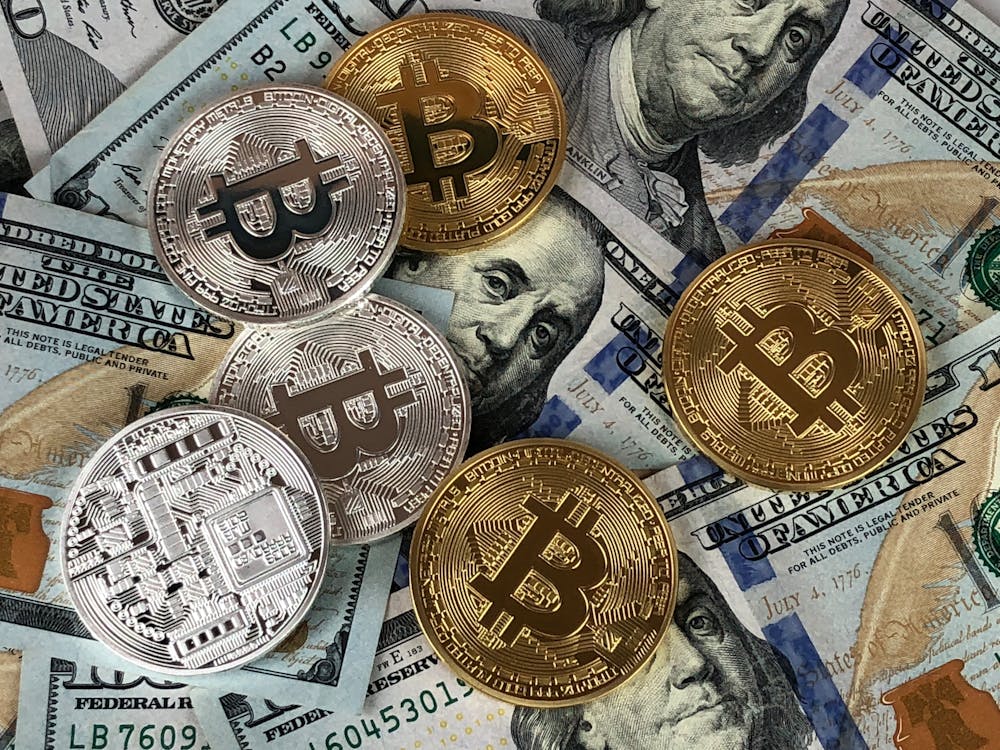Money management is always a challenge, but it’s particularly difficult when you’re under stress, and even more so when the stress is related to your finances. Stress makes it hard to think clearly and can lead to irrational decisions if you’re not careful. If you’re dealing with stress, here are a few key tips to keep in mind on effectively managing your money.

Prioritize Your Financial Needs
The first thing you need to do is make a game plan for where your money will go every month. By prioritizing your financial needs, you ensure that all your important bills get paid. You can put your essential living expenses at the top of the list—this includes your rent or mortgage payment, food, utilities, all your insurance premiums and anything else that you can’t live without. After that, you should include any debt payments, and it’s best to rank them in order of importance. That way, you can focus on the highest priority debt, get that paid off, and then move on to the next one.
Don’t Shop to Make Yourself Feel Better
Overspending is a common problem. People often adopt the mindset that they’ll buy something now and pay for it later, which can lead to high-interest credit card debt. One of the reasons people do this is because they value the short-term rush of buying something new more than the long-term benefits of saving money and spending responsibly. You’re more prone to short-term spending when you’re stressed, because that rush you get when you buy something you want alleviates the stress you’re feeling, albeit only momentarily. Remember that unnecessary shopping may make you feel better, but it will be brief, and it will have a negative effect on your finances.
Get a Personal Loan if Necessary
It’s best to avoid debt whenever you can, but there are situations where taking on debt can be beneficial. And personal loans are one of the best options available when you need money, because interest rates are fairly low and you can pay the loan off over a period of years. You’ll need a good credit score to get the best terms on a personal loan, though. Although, some companies have no credit check cash advance terms for some loans.
If you qualify for a personal loan, it may be a smart way to consolidate any high-interest debt you have. For example, if you have balances on multiple credit cards, you’ll probably save quite a bit in interest by paying them off with a personal loan. A personal loan could also help you get some breathing room if you’re in a tough spot financially.
Pay All Your Bills on One Day
It’s easy to lose track of the due dates on all your bill payments. You probably have a rent or mortgage payment, multiple utilities bills, a cell phone payment, internet, cable and multiple credit card bills. That can get difficult to manage, and you’re even more likely to miss a payment when something’s stressing you out.
The last thing you need is late fees for a missed payment, which is why you should pick one day every month to pay all your bills. You can also ask each company about moving your due date so that all your bills are due on the same day.
Stress doesn’t need to wreak havoc on your finances. When you set priorities on how you spend your money, keep the impulse buys to a minimum, consider personal loan options and pick one day to pay your bills, you can manage your money well even while you go through tough times.

